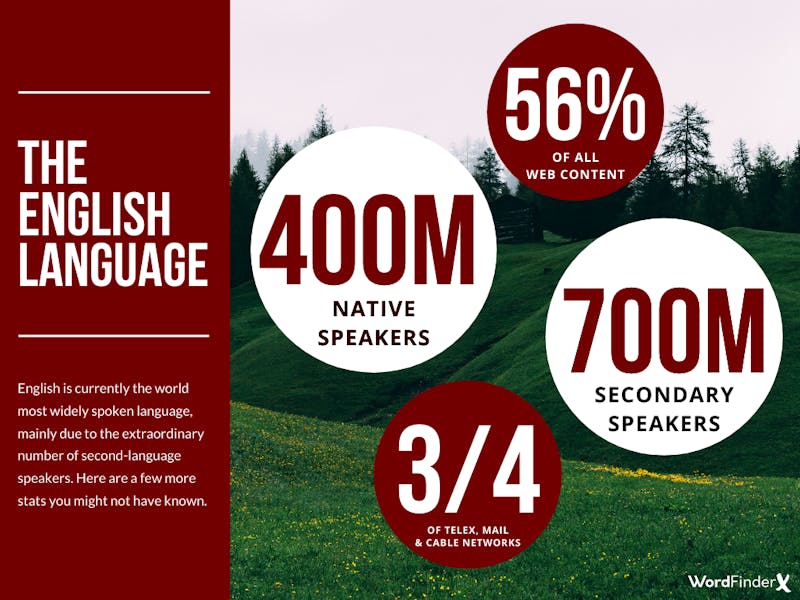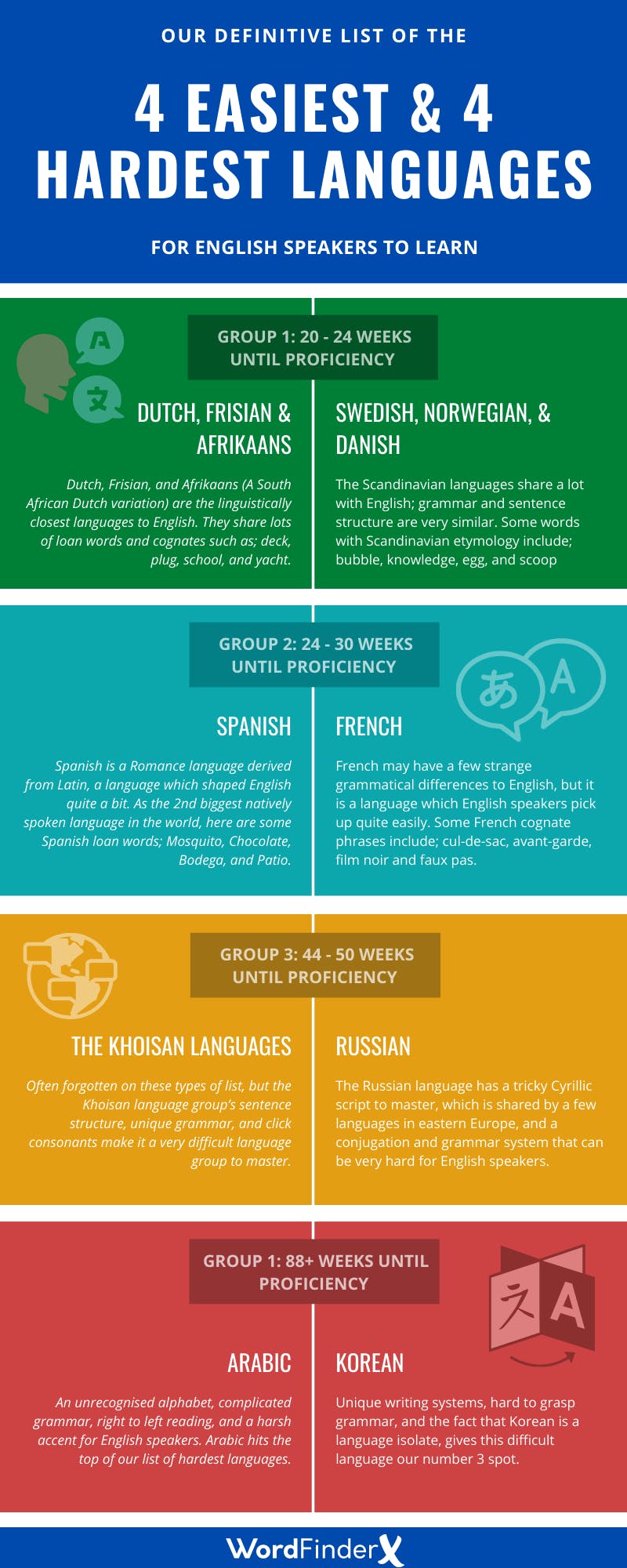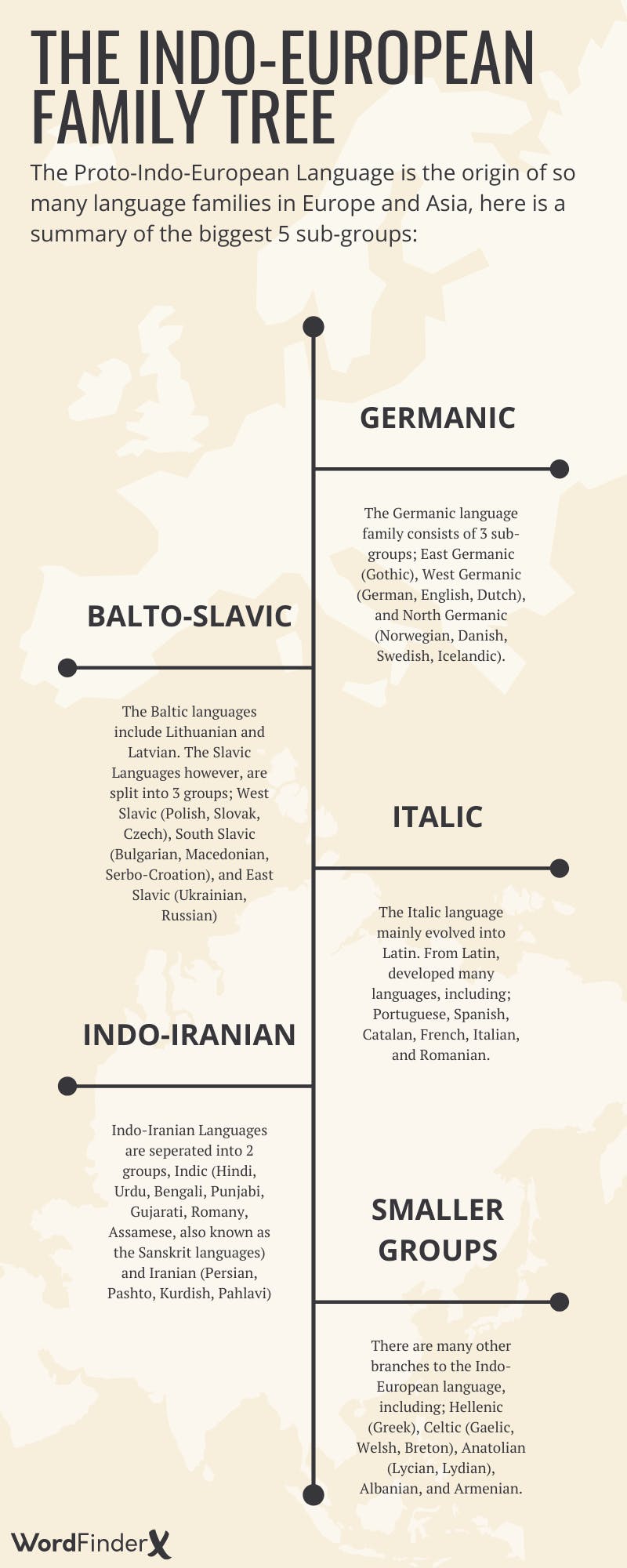Language Difficulty for English Speakers

The English Language
English Around The World
English is the world’s most spoken language, with over 379 million native speakers and 753 secondary speakers. Over the last 100 or so years, English has become a dominant language in cinema, television, popular music, trade and technology. With new people learning English every day, we are going to look at other languages around the world and see how easily native English speakers can learn them.

Difficulty & Ranking
For this article, we are going to explore the 4 easiest, and the 4 hardest languages to learn for English speakers. These lists will be based off of the FSI (foreign service institute) language difficulty rankings, that seperate languages around the world into 4 categories; easy to difficult. However, we are going to explore the individual languages themselves, and their language groups to create a definitive guide. This will be based on concepts of grammar, vocabulary, tonality, and accessibility in learning. Let’s go!

Part 1: The Easiest Languages
Germanic Languages
The Germanic languages are those most closely related to English. From loan words to grammar, English speakers often find these languages the easiest to learn. The closest, and perhaps easiest language for English speakers to unscramble, is Dutch. Dutch, and by extension Frisian and Afrikaans (Dutch variants), share many cognates (Words with the same historical lineage) with English. As we move into Europe, with the German Language, some grammatical differences appear, and begin to deviate further from English. This trend continues with the Northern Germanic Languages of Swedish, Norwegian, and Danish. These Scandanavian languages share fewer cognates and grammatical similarities with English.
Romance Languages
Romance Languages are popular with English speakers around the world, as they are most often taught in schools. Why? Well, they may not be part of the same language family, but they share a lot of loan words, cognates, and their grammar is fairly easy for English speakers to comprehend and are often the gateway to bilingualism. For example, Spanish is a very large and popular secondary language in the USA as some areas have a lot of Spanish migrants. The major Romance Languages are Spanish, French, Italian, and Romanian, which all derive from Latin. The major differences we start to notice in these languages include the consistent use of accents, gendered words, and major changes in sentence structure.
Balto-Slavic Languages
As we move further away from the English language family, we start to encounter new elements to languages that simply don't exist in English. The Balto-Slavic languages of Polish and the Baltic states; Estonia, Latvia, and Lithuania, include words with letters and accents that English speakers are completely unfamiliar with. However, the biggest change that we have seen so far is in Russian, where our comfortable Latin alphabet changes to the Cyrillic. The Early Cyrillic script was based on the Greek uncial script, both of which English speakers have a hard time understanding and reading.
Part 2: The Hardest Languages
Chinese Languages
Mandarin is the biggest natively spoken language in the world, with close to 1 billion speakers. Its writing script; Hanji, doesn’t just represent letters and words, some symbols can convey entire sentences, stories or concepts. Mandarin and Cantonese, which is traditionally a very similar language to Chinese, are both tonal languages. This means that when a sentence is being pronounced, the slight deviations of pitch, volume, and mouth shape can change the tone of the voice, and thus change the meaning of a sentence. All of these factors contribute to Chinese being an incredibly difficult language for English speakers to learn.
Arabic
As we move into the Middle East and North Africa, Arabic becomes the dominant language of the region. Arabic is in the Semitic subgroup of languages and has an alphabet and writing system far from English or anything else we have explored so far. Arabic Abjad (Writing system), is written from right to left, a concept that baffles most English speakers. There are 18 distinct letter shapes, which vary slightly depending on whether they are connected to another letter before or after them, despite there being 28 letters in the alphabet, and there are no capital letters. Arabic pronunciation is extremely difficult for English speakers, and its grammar is possibly the most complicated, and incomprehensible for English speakers.
Khoisan Languages
You may be more familiar with Khoisan languages than you think. The Khoisan language group shares one very recognisable characteristic; click consonants. Instead of manipulating the vocal cords to produce sounds like most languages, click consonants are made by trapping air in particular parts of the mouth and expelling it to make distinctively different click sounds. Without concrete historical records, it is difficult to determine the genetic relationship of Khoisan Languages to each other and other African languages. That makes these languages difficult to understand, therefore difficult to learn.
Unique Languages & Isolates
There are some languages around the world that have no connections to other languages. These are called language isolates, and they vary immensely in difficulty and comprehension for English Speakers. Basque is a great example of a language isolate that despite being surrounded by France, Spain, and European culture in general, is still spoken by around 750,000 people. However, Basque does have similar grammatical functions to the romance languages and is written in the Latin alphabet. Japanese was considered a language isolate for a long time until variations were found on its surrounding islands, but Korean still makes it to the list. Not only does Korean have an unintelligible alphabet for English speakers, grammar that differs wildly, but being a language isolate makes learning it just that little bit harder.
